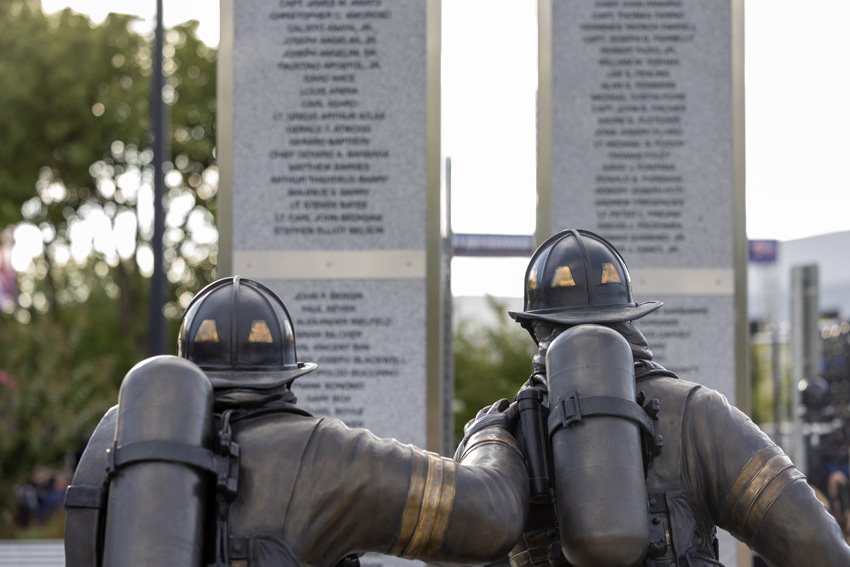Spending countless hours on homework and staying up till the wee hours of the morning to complete crucial class projects is the life of the academically oriented student. For many juniors and seniors, these final two years of high school can be stressful and damaging to one’s otherwise normal life.
With constant pressure from various authorities to succeed, some students say their schoolwork is interfering with other pressing responsibilities.
“This year I’m taking some difficult classes, and the sudden rise in amount of work at first came as a shock to me,” Erin Elmore, ’06, said. “It’s become a challenge to balance time between school and my other activities such as church and household chores.”
While some students feel that choosing fewer activities and doing them well is better than overloading their lives with work, others think that high school is the time to be heavily involved.
“High school is designed to prepare us for college,” Sara Wiens, ’04, said. “Therefore the workload should be heavy, because it is nothing compared to what we will experience in college.”
Many teachers tend to believe students should be involved in school, and limiting students’ involvement, invites them to become lazy.
“Homework promotes self-discipline in not only math class, but in all aspects of a teenagers life,” Josh Tosland, math teacher, said. “It gives them experience in how to arrange their choices in life and what their priorities should be.”
According to a recent poll posted on http://www.nces.ed.gov, more than half of high school seniors spent 0-4 hours weekly on their homework. One finding from the 1999 National Assessment for Educational Progress concludes that 17-year-olds who typically spent more than two hours daily doing homework had higher average reading scores than those who spent less than 1 hour per day or who did none.
“For me homework doesn’t help me learn,” Evan Sanders, ’03, said. “All it does is give me repetition which doesn’t benefit me in any way if I already know the material.”
According to John Endicott, vice principal, developing time management in teens prepares them for the busy time they will face with college, career and family.
“Students don’t realize how little is required of them in high school,” Endicott said. “High school provides students with a solid foundation, but they must develop their own study skills and work habits.”
While views on the amount and effect of homework on students is in constant debate, the facts remain the same: homework is a necessary part of academic life and will always be a staple of the educational system, whether students like it or not.
“Some students may be able to slack off in high school, but in college busy work is eliminated and cramming is not an option,” Endicott said. “They will need to put in 6-15 hours of personal study time a week to succeed.”






